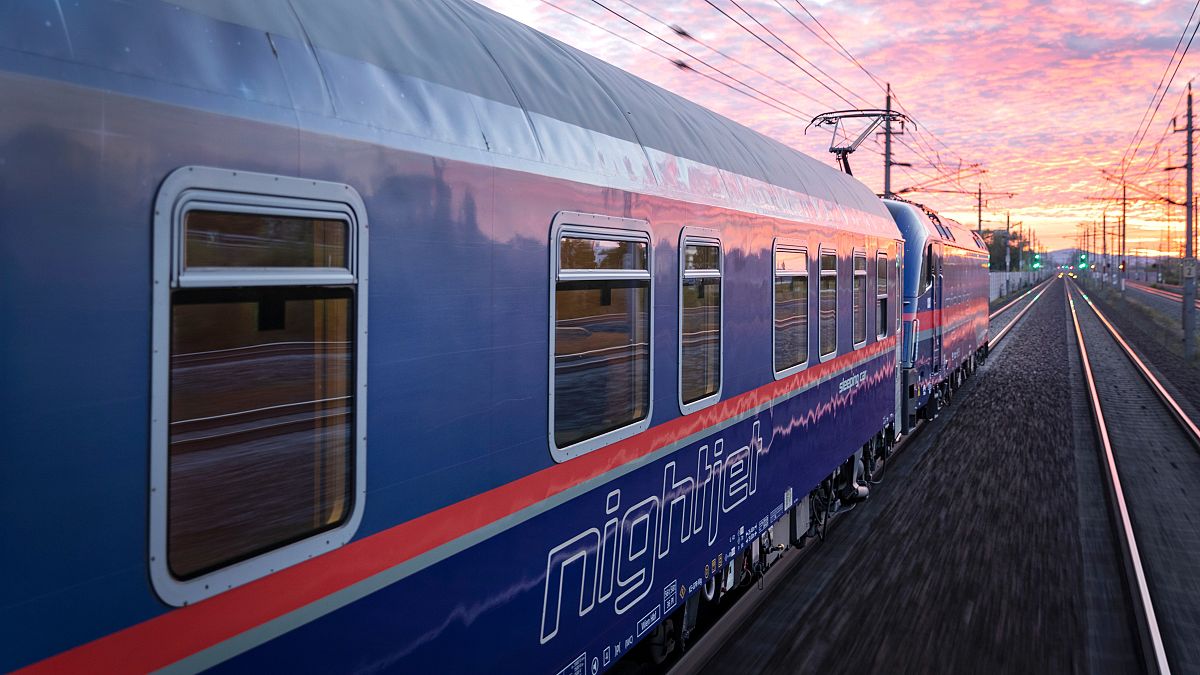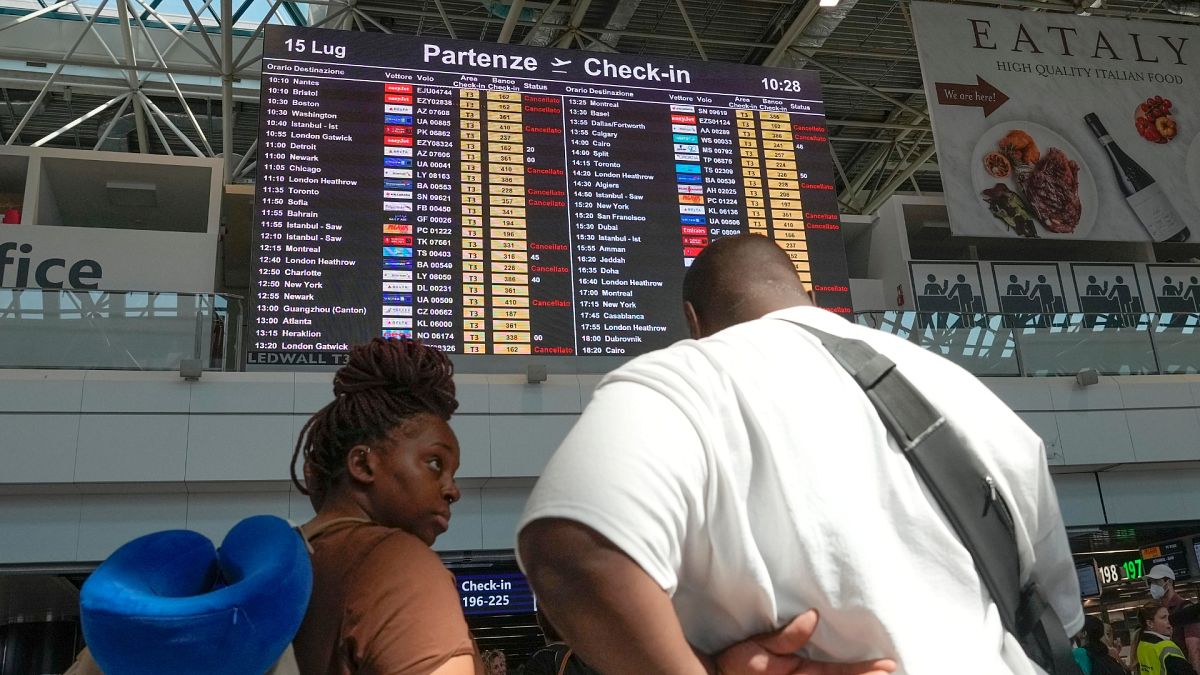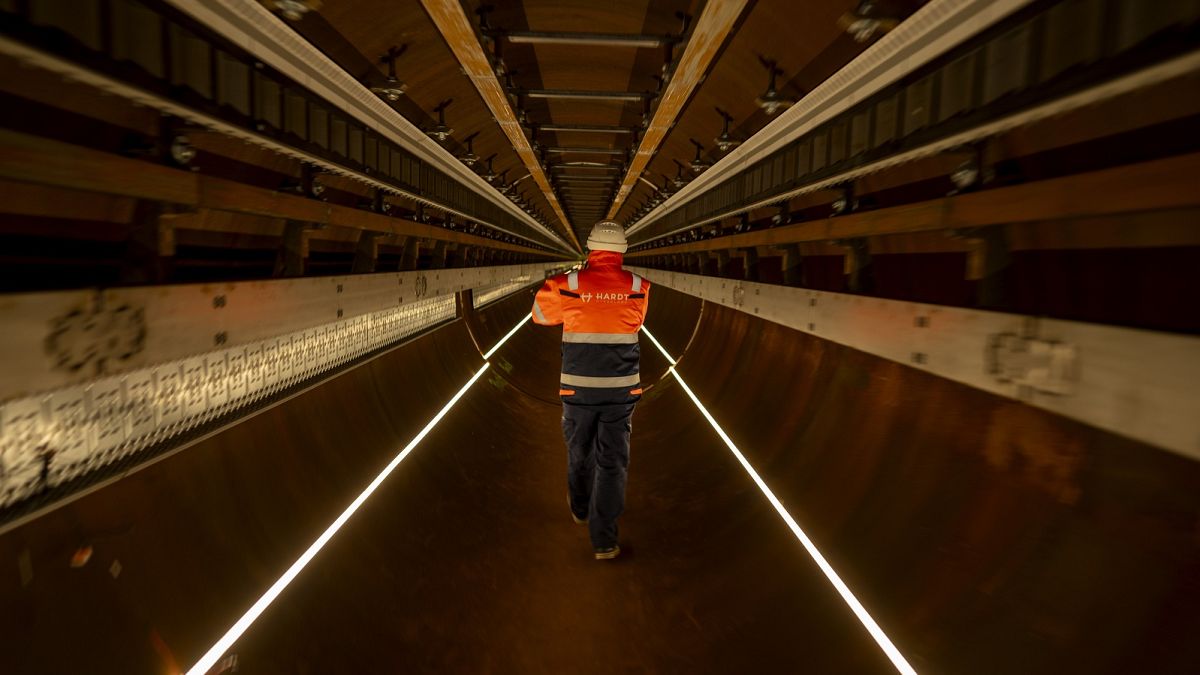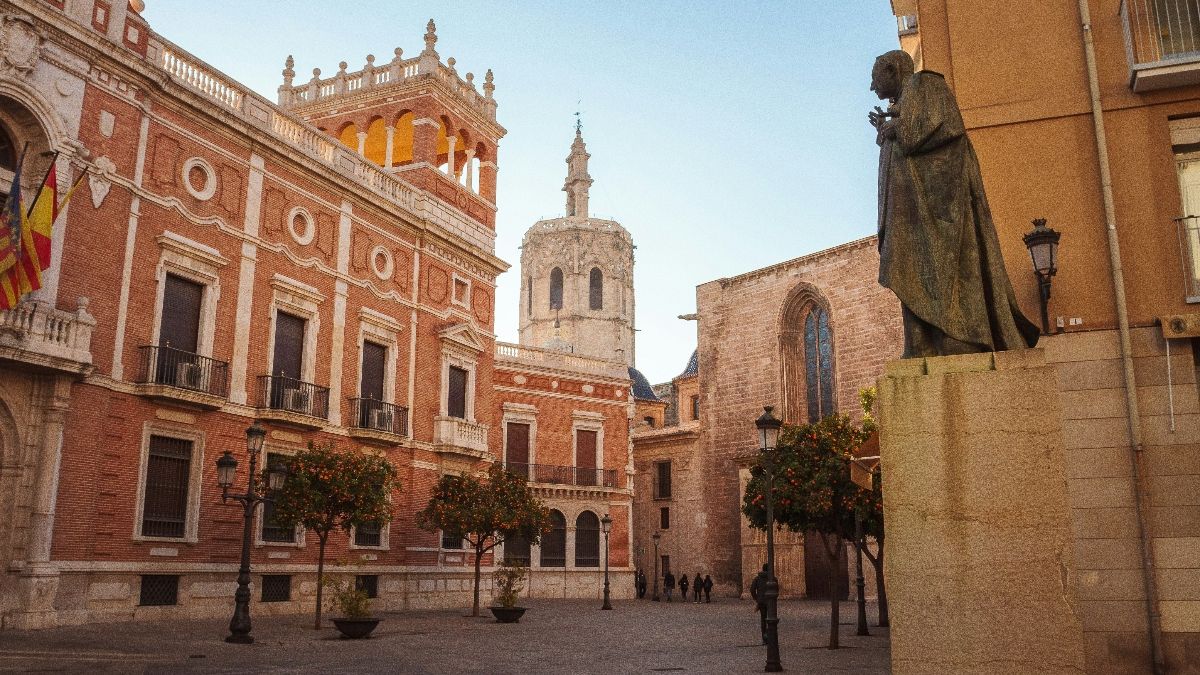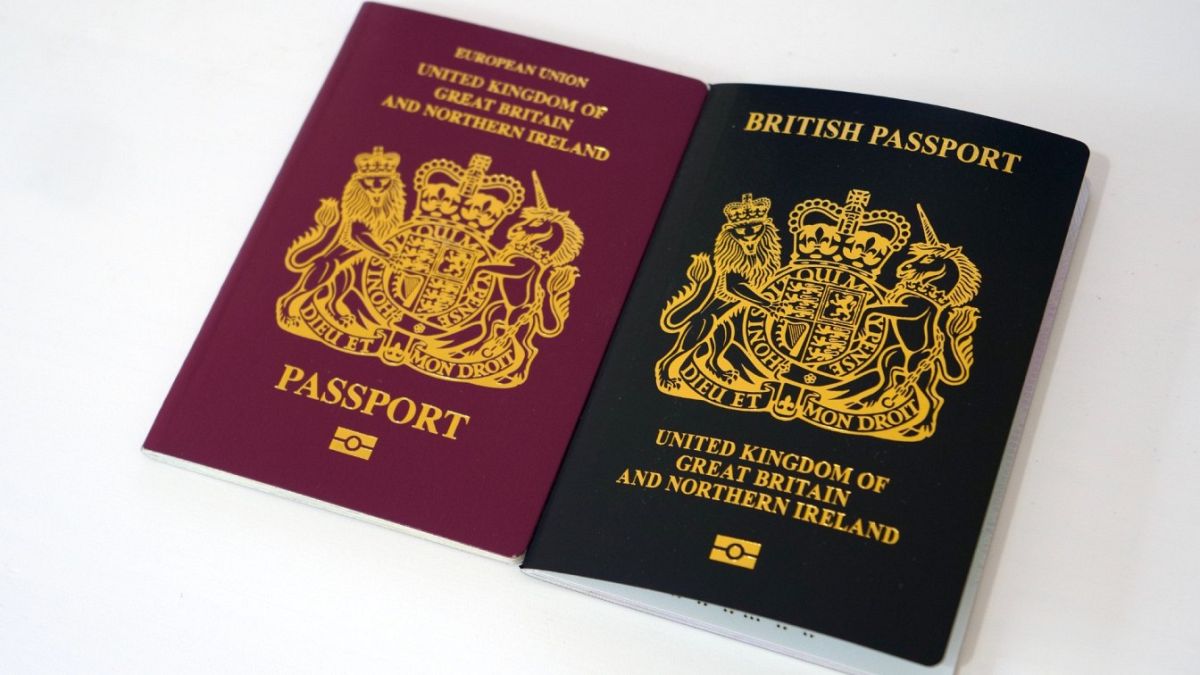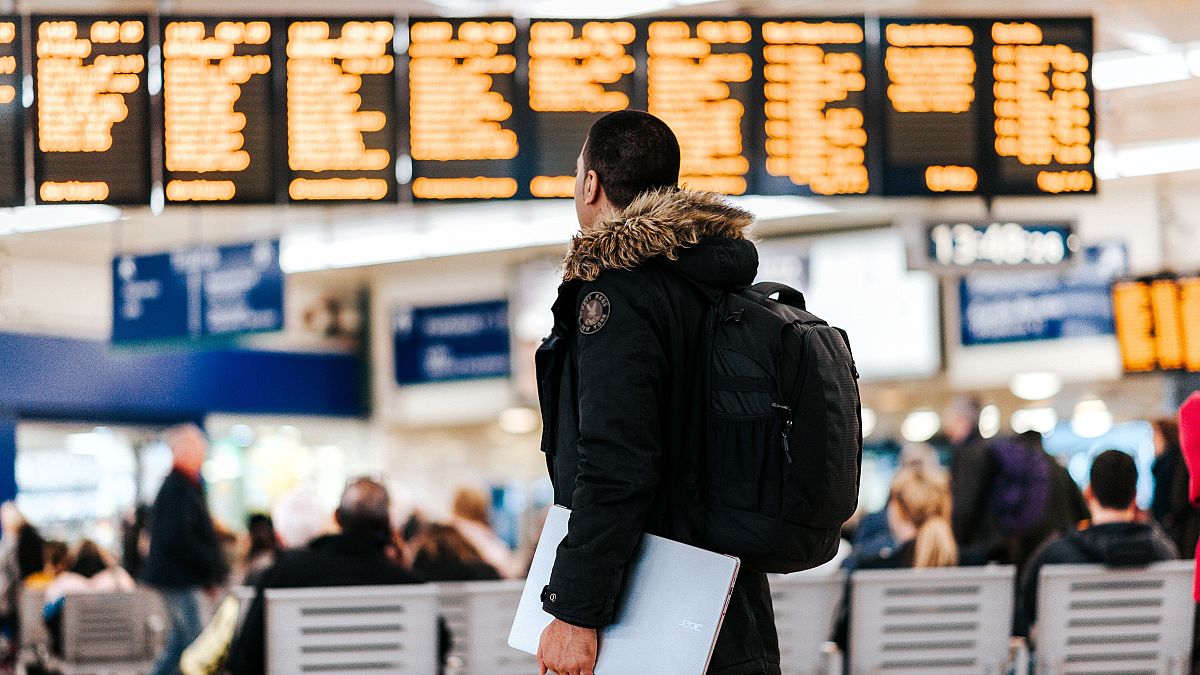Visiting London? Here’s why you should be extra careful on the Tube
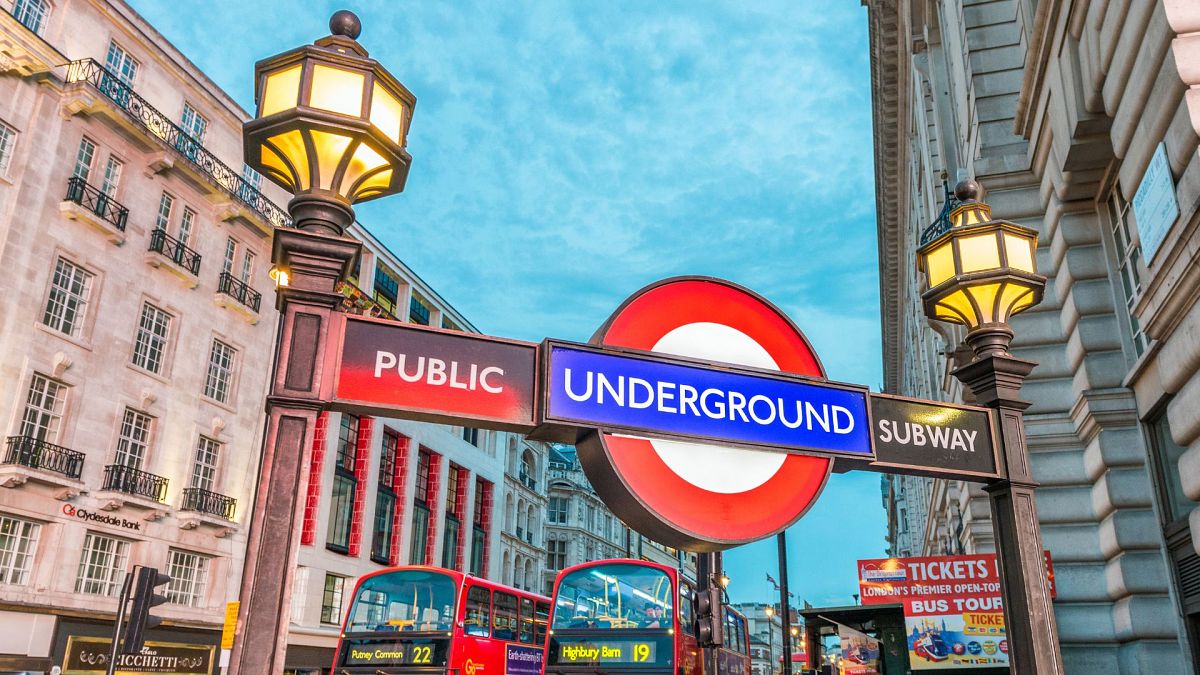
Popular tourist destinations are being targeted as theft soars on the London Underground.
Pickpocketing is rife on the London Underground, new statistics have revealed.
Crime on the Tube increased by 56 per cent overall between April and September this year, compared to the same period last year, according to data from Transport for London (TfL).
Theft soared by 83 per cent, while robberies were up by 107 per cent. This is despite passenger numbers falling by 11 per cent.
“We know that thieves target busy places including our public transport networks and we are working closely with the police to tackle theft,” a TfL spokesperson tells Euronews Travel.
While theft is nothing new on London’s trains, it’s uncommon to see the organised gangs of pickpockets that operate in major European cities like Paris, Barcelona or Milan.
But with the latest spike, visitors to the UK capital should be on their guard.
Where and when are you most likely to get pickpocketed on London’s Tube?
As you might expect, busy transport and tourist hubs are key targets for pickpockets.
If you’re arriving on the Eurostar at King’s Cross St Pancras, take care when getting on the Tube. On the London Underground, 39 per cent of thefts – taking property without consent – were committed at stations, and this one was a hotspot.
Leicester Square, in the heart of the West End Theatre District, and Oxford Circus – the gateway to Europe’s busiest shopping street – were also singled out.
The Northern Line was the most targeted route for on-train thefts with 676 offences, followed by the Jubilee Line and the Piccadilly Line.
Though less common, robberies were more likely to take place at stations (59 per cent) than on trains. East London shopping hub Stratford had the most targeted station, seeing 14 offences between April and September.
Be particularly vigilant if you’re visiting London on a weekend, as 55 per cent of thefts on the Underground were committed between Friday and Sunday. Avoid peak travel times if you can: 23 per cent of thefts occurred during the evening rush hour (5pm to 8pm).
Where are you most likely to get pickpocketed on London buses?
Although crime hasn’t risen as much on London buses as on the Tube, you should still remain wary.
Westminster – where you’ll find Big Ben, the Houses of Parliament and Buckingham Palace – saw the highest percentage of bus-related offences (14 per cent). It was followed by Southwark (9 per cent), home to Borough Market, The Shard, Tower Bridge, and the Tate Modern.
The top three boroughs for bus-related robberies between April and September were Croydon in south London, Haringey in north London, and Westminster.
32 per cent on Londoners feel worried on public transport
In the face of rising crime rates, 32 per cent of Londoners say they’ve felt worried on public transport in the past three months – especially on the Underground and buses.
Drunken behaviour on both modes of transport was a key concern, especially for female passengers. Anti-social behaviour by youths and school children was more likely to be encountered on buses, especially by men.
Overcrowding, threatening behaviour and people begging are also sources of concern, according to a customer survey carried out by TfL.
Worrying incidents have led 7 per cent of people in London to temporarily stop using public transport altogether.
What is being done to make London transport safer?
London transport union RMT has warned that staff cuts have paved the way for increased crime on the Underground.
“These soaring crime rates come as no surprise to tube workers that are on the frontline every day in this increasingly hostile environment,” says RMT general secretary Mick Lynch.
TfL says it is deploying plain clothes police patrols and other enforcement action in busy hotspots for crime. It is also using its extensive CCTV network to track down offenders.
Messaging on posters and tannoys is being used to encourage customers to keep their belongings safe and report any suspicious activity to police.
You can do this by informing a member of staff, texting the British Transport Police on 61016, or via the free Railway Guardian App.
To report an incident on the bus network, head to www.met.police.uk or call 101. But in an emergency or if the suspect is still on scene, you should call the emergency services on 999.
How to keep your belongings safe while travelling
As well as having your wits about you, there are a few ways you can keep your belongings safe while travelling.
Using a money belt or a bag with a secure zip can prevent pickpockets accessing your valuables. Place non-valuable items on top of valuables in your bag, and wear your backpack on your front while on the Tube.
Avoid travelling with important documents like your passport, large sums of cash or big-ticket items like your laptop – these will be safer left in your hotel room.
Prepare for the worst by backing up the files on your phone, adding an ICE (‘In Case of Emergency’) contact to your lock screen, and switching on ‘find my phone’ services. Scan important documents and email the images to yourself. If you’re travelling with a suitcase, a tracking device like an AirTag can help you keep tabs on it if it goes missing. And get travel insurance.
Source: Euro News


